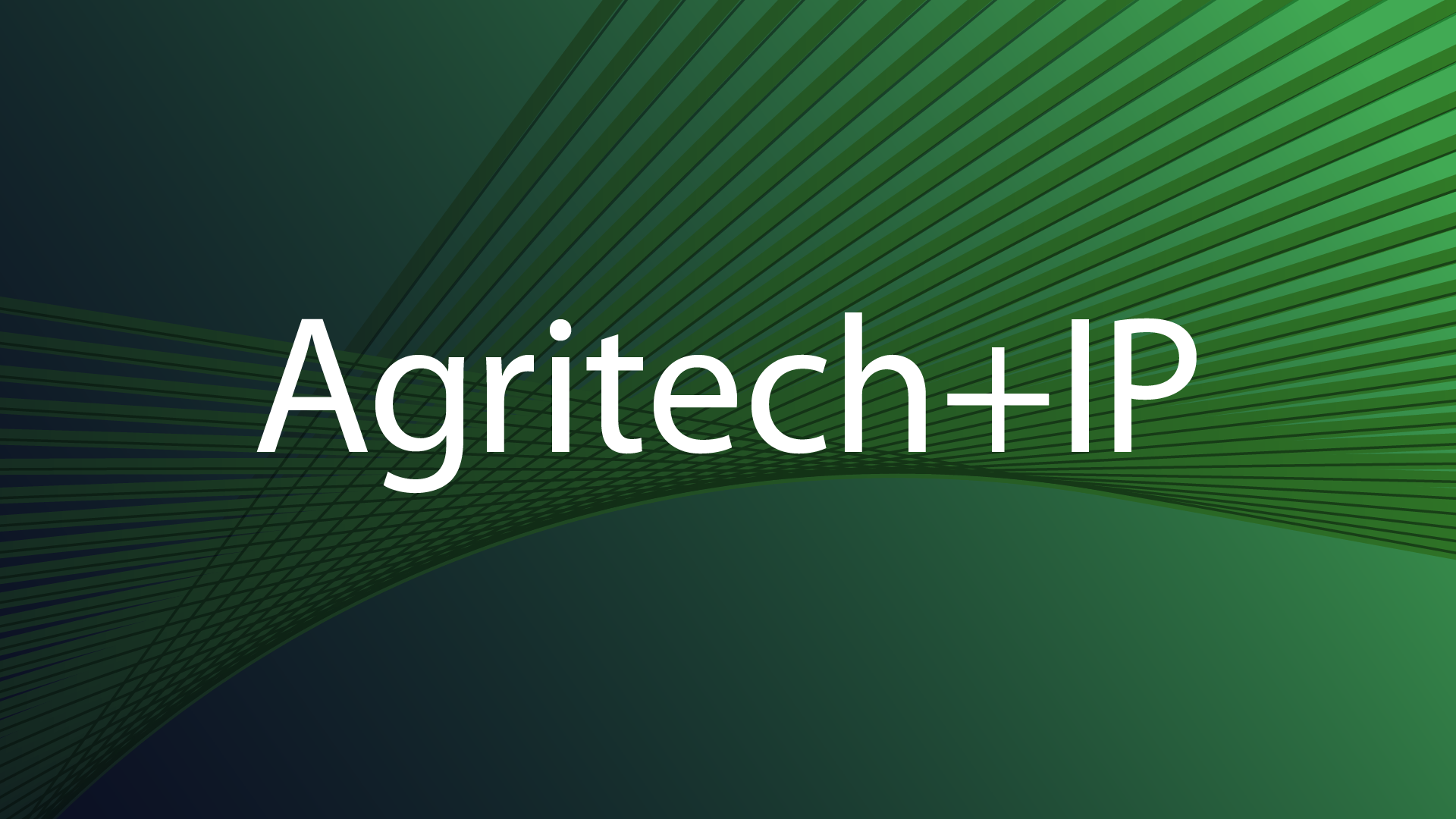News
Can intellectual property and foreign investment save struggling European eVTOL companies?
February 2025
With the ongoing funding difficulties in the European eVTOL sector, we look at the role that intellectual property is likely to play in the prospects for the survival of Lilium and Volocopter.
As reported by Forbes and others recently, major European eVTOL companies have been struggling to secure funding, despite having reached the stage of flight trials. Two companies making the headlines are the German manufacturers Lilium and Volocopter. Lilium appears likely to be rescued from insolvency, with investment planned from the Mobile Uplift Corporation consortium. Volocopter meanwhile continues to look for investment having filed for insolvency in December 2024.
In common with many, the intellectual property (IP) assets of these companies likely represent the majority of their respective values. Especially as R&D-heavy businesses, the principal value will be found in some combination of technology, designs, data, knowledge and brand repute. Tangible assets such as property, materials, tooling, and stock are typically far less significant. Consequently, of great importance for investors will be whether or not the intangible IP is well protected with IP rights, such as patents and trademarks. These rights guard against theft of the IP.
Encouragingly, both Lilium and Volocopter have invested heavily in IP rights. This does not, of course, in and of itself, guarantee that the companies are valuable. The strength of the case that can be made for the technical approach that each has taken, as well as the future shape and viability of the eVTOL sector itself are also critical. Nonetheless, both Lilium and Volocopter can claim to have sought to protect their most valuable assets. Further and consequently, each will likely hold many important and unique technological monopolies that they (or any successor in title) can exploit alone or licence. This will give them a better chance in the battle to survive and thrive.
Upon first inspection, the patent and patent application portfolios of both Lilium and Volocopter appear valuable and have interesting differences in terms of areas of principal technical interest.
Portfolios at a glance:
Lilium
Active patent families with at least one publication: ≈ 92.
Average age of portfolio: Low (many years to run on average).
Geographical diversity of portfolio: Focused in Europe and the US.
Technical focus areas: Propulsion systems; electrical system and battery technology; airframe; and flight control and navigation systems.
Volocopter
Active patent families with at least one publication: ≈ 74.
Average age of portfolio: Low (many years to run on average).
Geographical diversity of portfolio: Focused in the US, China and Europe.
Technical focus areas: Flight control and navigation systems and airframe.
The Lilium portfolio appears somewhat larger and more technically diverse in its focus. Its portfolio may therefore offer a broader range of protection. The Volocopter portfolio meanwhile has a more even geographical split, including a significant number of Chinese applications. This may offer a little more encouragement to Chinese based investors such as Geely, who are rumoured to be interested.
In both cases, there is a time-based wrinkle. Many applications/patents are approaching renewal dates and whilst the payment of renewal fees can be extended for a period, rights can eventually be lost. Further, a peculiarity of German patent law is a suite of additional benefits given to inventors over their employers. In the event of insolvency, this includes circumstances in which inventors are given a right of refusal on purchasing the patents/applications to their inventions. There are therefore IP associated risks in waiting too long.
From the perspective of an investor, the IP portfolios of these companies could be very attractive. Such portfolios may for instance be complementary to an existing portfolio of an investing entity (e.g. consolidating protection in an important area of technical strength, or acquiring protection in an existing area of technical weakness). Alternatively, such IP portfolios could be seen as security for a new entrant or a short-cut to a technologically developed and protected position.
If as Forbes suggests, the issue for European eVTOL companies is principally one of capital being more difficult to raise in Europe, then investment and/or takeovers from further afield may well be imminent.
This article was prepared by Patent Director John Hawtree and Partner & Patent Attorney Bernhard Ganahl.






























